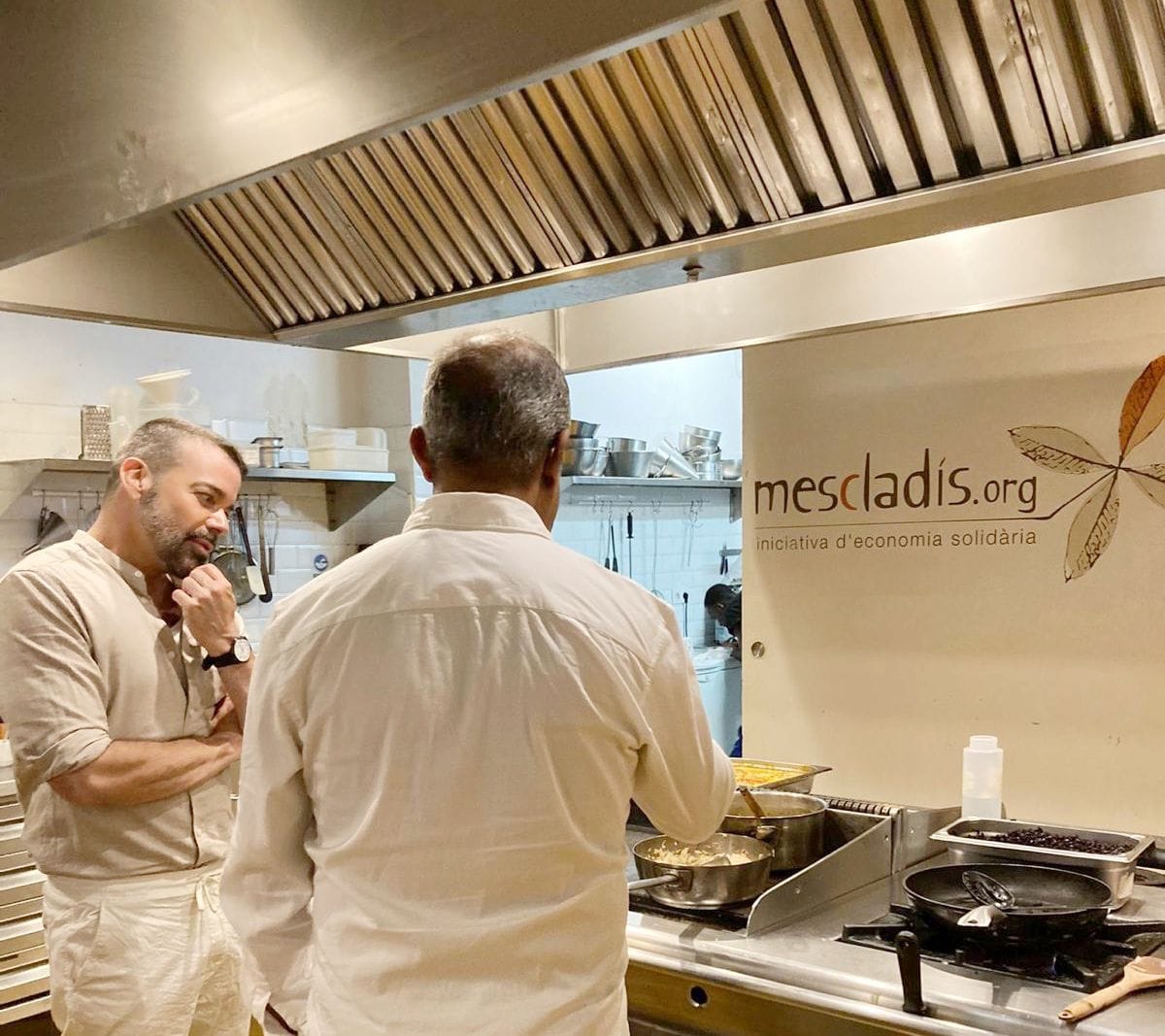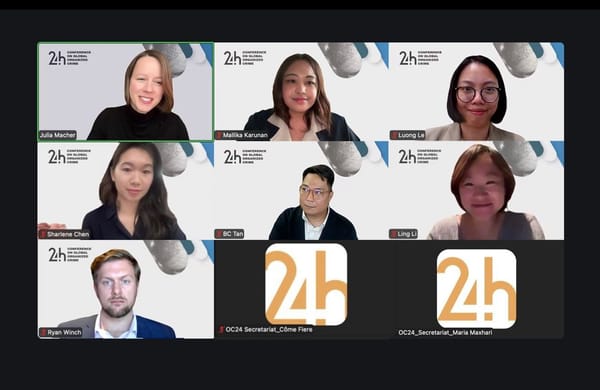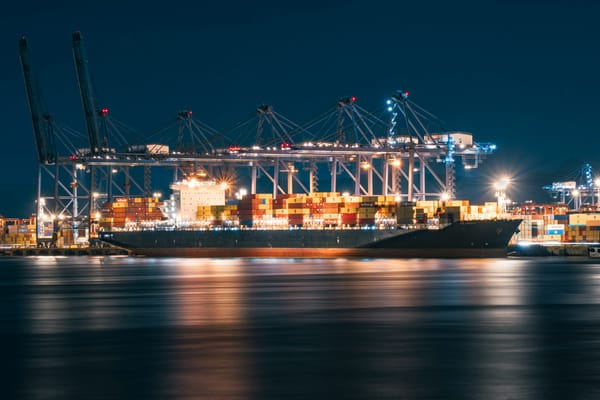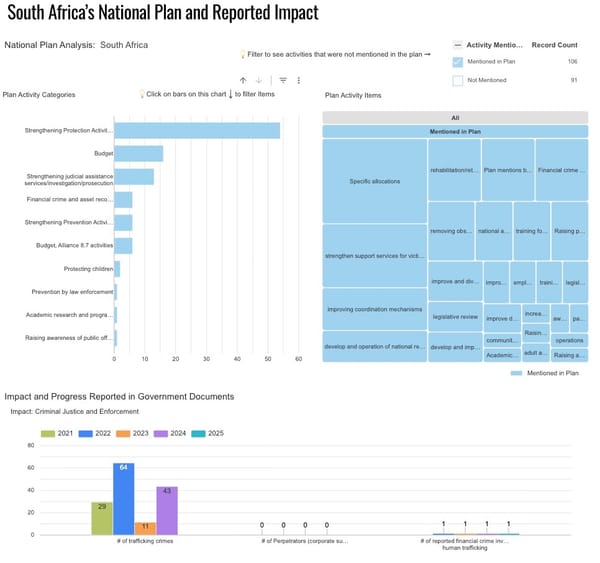A South Asian NGO expands its anti-trafficking efforts into Western Europe

Partnerships between groups in origin and destination countries allow greater scope for anti-trafficking work, migrant kidnapping cases surge at the U.S. Southern Border, and data ecosystem gaps must be addressed to combat forced labour in supply chains.
A South Asia-based anti-trafficking organization has extended its work into Western Europe due to the increasing number of South Asian trafficking victims in countries such as Spain and Portugal. While high numbers of sex trafficking cases have previously been reported in the region, NGOs are increasingly seeing men from countries such as India and Pakistan exploited in sectors including agriculture and construction, and young women forced into marriage, according to development cooperation NGO Sonrisas de Bombay.
Founded in 2005, the organization works primarily to eradicate trafficking in rural areas of India, Bangladesh and Nepal. However, after joining anti-trafficking efforts in Ukraine in 2022, the foundation identified a need to expand its activities further into Europe in order to help the growing number of South Asian workers facing exploitation and forced labour in areas such as Catalonia. Working with local groups and police anti-trafficking units, and in coordination with their colleagues in Southern Asia, they now assist victims with identification procedures, translation and paperwork, provide counseling support, and raise awareness for those at risk of trafficking.
The European team also helps to locate and contact victims’ families, if required, and coordinates repatriation procedures with teams in their country of origin. This includes rehabilitation support and training opportunities on their return home, to prevent the risk of re-trafficking. However, most survivors choose to remain in Spain, where they are looked after by a team offering comprehensive support activities including language classes, counseling, employment training, and help with the search for work.
According to Sonrisas de Bombay, the majority of trafficking cases involve males between 20 and 45 who experience labour exploitation, primarily in the agricultural, catering, construction, and fishing industries, as well as in textile factories and shops. Females are most often victims of forced marriage and comprise South Asian women and girls who were born in Europe, or arrived at a young age, but whose families maintain strong cultural ties with their countries of origin. Although the legal age for marriage in Spain is 18, and forced marriage is illegal, in some cases they are taken back to South Asia, where there are fewer restrictions, and forced to marry a man of their family’s choosing.
The European Commission notes that Asian victims in Spain are often in situations of debt bondage and face several forms of exploitation, including labour abuse and forced criminality. They are commonly recruited by criminal gangs of their own nationality operating in Spain, both in Spain itself and in their country of origin. In fact, labour trafficking is increasing among migrants of all nationalities, says Sonrisas de Bombay, which aims to raise awareness among both vulnerable communities and society as a whole. As part of this effort, survivors help to educate people on the risks and dangers, and also offer assistance, resources and a support network to other victims.
Last year, the Council of Europe’s Group of Experts on Action against Trafficking in Human Beings (GRETA) expressed concern about the low number of investigations, prosecutions and convictions for human trafficking for the purpose of labour exploitation in Spain. It urged Spanish authorities to increase proactive investigations and recommended further training for frontline and other professionals. Sonrisas de Bombay notes that, while authorities and the police are making an effort to address the crime, and an anti-trafficking law is currently under discussion, it is primarily focused on sexual exploitation rather than labour abuse. Similarly, last year’s TIP report stated that labour trafficking was under-identified in Spain, with authorities and NGOs reporting a rise in labour trafficking from 2020-22, especially in agriculture, domestic work, and cannabis cultivation.
Sonrisas de Bombay highlights the many advantages of having teams in both countries of origin and destination. Such partnerships allow them to better understand vulnerability factors, how the victim was trafficked, their family situation, and the reasons why they migrated to Europe, they say. Furthermore, in cases in which a female is sent back to her country of origin to get married against her will, they are able to reach her and bring her to safety more easily. As human trafficking is a cross-border issue, the foundation strongly believes that solutions must also be found through the effective collaboration of stakeholders and organizations in both origin and destination countries.
Here’s a round-up of other noteworthy news and initiatives:
A newly released report by the United Nations University Centre for Policy Research (UNU-CPR) and The Freedom Fund underscores the critical link between a lack of access to official documentation and modern slavery, emphasizing the urgency of addressing documentation gaps to combat exploitation. It recommends leveraging documentation to ensure legal identity for all by 2030 as a key strategy in the fight against human trafficking and modern slavery.
Reports from service providers along the Texas-Tamaulipas border highlight a surge in kidnappings, violence, and extortion targeting migrants and asylum seekers, with trafficking being a significant concern. The situation is exacerbated by collusion between criminal groups and Mexican authorities, as well as U.S. border policies that channel migrants through dangerous areas.
A working paper by a leading U.S. employment lawyer looks at the challenges and opportunities faced by labour and human rights advocates in using the U.S. forced labour import ban provision (Sec. 307 of the U.S. Tariff Act of 1930), in the context of campaigns to address systematic violations of workers’ rights in supply chains. The paper offers a new framework for strategic approaches to Sec. 307, with the goals of targeting lead firms at the top of supply chains, changing the practices of major suppliers in the center, and building worker power at the bottom.
Tech Against Trafficking’s recent report urges businesses, civil society, and policymakers to address fragmentation in the data ecosystem combating forced labour in global supply chains. It identifies seven recommendations to enable a more effective data ecosystem, emphasizing the need for collecting the right data, deploying resources equitably, and fostering trust among supply chain actors.
In this analysis, Cyber Scam Monitor highlights the globalization of the online scam industry, particularly its expansion from Southeast Asia to other regions such as South Asia, the Middle East, Africa, and beyond.
Tomorrow, 10 April, join this webinar on applying the Worker-driven Social Responsibility (WSR) model, and how this could potentially be applied to the tea industry as an innovative approach to fair labour practices and corporate accountability.




